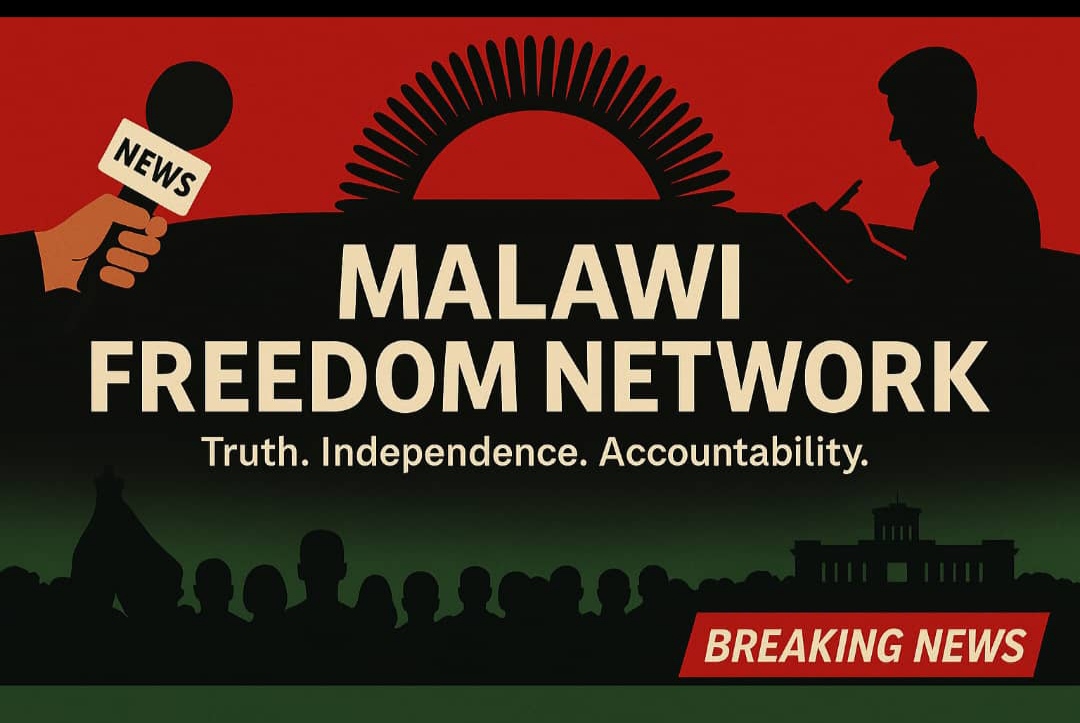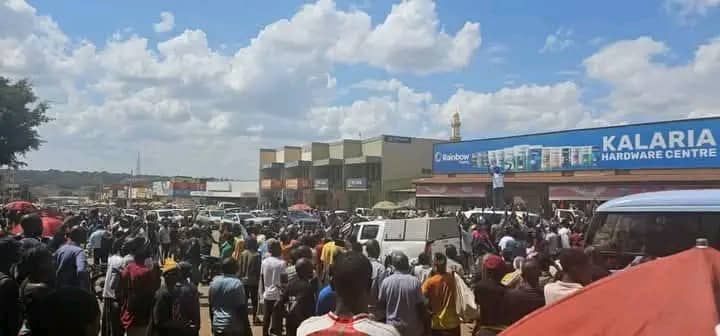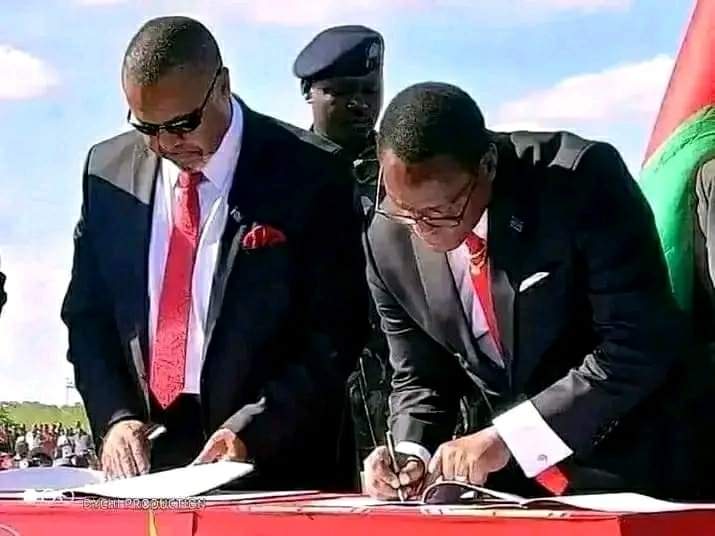President Lazarus Chakwera’s five-year constitutional mandate expired on June 28th, 2025. And yet, here we are — no election held, no extension confirmed by law, and no national consensus reached. What we are witnessing now is not leadership; it is constitutional limbo wrapped in silence.
For a country that fought hard for democracy, this ambiguity is nothing short of dangerous. Malawi is now being governed in the shadows of legitimacy — a nation walking blindfolded on the edge of a legal cliff.
Let’s be clear: the Constitution of Malawi, under Section 83(1), provides that the term of office for a President is five years. Not five years and a few days. Not five years and until we feel ready for elections. Five years — period.
That means, as of June 28th, Chakwera’s legal mandate ended. Anything beyond that date without proper constitutional anchoring is a betrayal of the rule of law.
What we are seeing now is not leadership, it is a constitutional overstay camouflaged as business as usual.
The silence from the Malawi Electoral Commission (MEC) is deafening. The inaction from Parliament is shameful. The timidity from the judiciary is disturbing. And the lack of public outrage? Unforgivable.
Where are the constitutional watchdogs? Where are the legal experts who should be sounding the alarm? Where is the leadership to say — “This is not right”?
If the Constitution is clear, then why is it being ignored? And if there is ambiguity, why hasn’t it been clarified before the clock ran out?
You do not start fixing a fire alarm after the building has already started burning. This is a blatant failure of constitutional foresight.
The Chakwera administration has boasted about governance reforms. Yet here it is — illegally occupying the very seat whose legitimacy must be beyond question.
In any functioning democracy, this issue would have triggered national debate, parliamentary motion, and possibly judicial review. In Malawi? It has triggered nothing but dangerous silence and political convenience.
It must be said plainly: A government operating beyond its mandate without legal extension is illegitimate.
If the presidency after June 28 is based on mere assumption and silence, then we are no longer under constitutional democracy — we are under executive occupation.
If we accept this precedent today, then what will stop future presidents from simply staying in power beyond their time?
This is not a matter of political loyalty. It is a matter of constitutional order.
It is not enough to say elections are next year. The Constitution does not run on political calendars. It runs on legal timelines.
And let us not hide behind the 2020 court-ordered fresh elections. That ruling gave Malawi a second chance, not a blank cheque. Chakwera was elected in 2020. His five-year term began that year. Full stop.
To avoid crisis, legal clarity must be pursued now — not tomorrow, not after political negotiations, and not when it’s convenient for the ruling party.
We cannot afford to normalize constitutional breaches because of political apathy or fear of instability.
Stability without legality is dictatorship in disguise.
Malawi’s democracy is still young, still fragile. If we do not defend it now, it will die in the hands of the very people who claimed to restore it.
Parliament must speak. MEC must clarify. The Judiciary must interpret. And Malawians must demand answers.
A President cannot govern indefinitely on constitutional guesswork.
If we still believe in the rule of law, then President Chakwera must subject himself to it — not stand above it.
Until then, Malawi remains a democracy in theory — but in practice, a country ruled in constitutional darkness.
We must choose now: law or lawlessness, democracy or deception.




